
Russia and The Republic of Guinea are set to collaborate on a very ambitious nuclear project. Both countries signed a memorandum of understanding at the St. Petersburg International Economic Forum (SPIEF) to this effect. Recently, Russia has initiated several nuclear projects in Africa, including the construction of the fourth unit of Egypt's Dabaa nuclear power plant.
Although details of the project remain scarce, a report by the Russian newspaper Sputnik shows that Russia and The Republic of Guinea have signed a memorandum of understanding on a nuclear project in the West African country.
According to a statement on Friday by the Russian energy corporation Rosatom, Russia and Guinea are looking to build floating nuclear power plants.
"A floating nuclear power plant is a site with one or more nuclear reactors, located on a platform at sea. It is an autonomous site that can provide electricity and heat to areas with difficult access, such as the cold Northern territories. It can also provide drinking water to dry areas, via desalination techniques." According to Foro Nuclear.
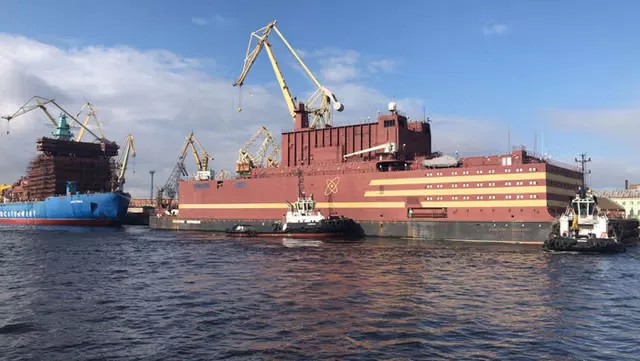
"The parties will study the possibility of implementing the floating power units project in the Republic of Guinea within the framework of the agreement reached and will work out the terms and conditions of the project," Rosatom said in a statement.
This could be a component of Russia's larger strategy to strengthen ties with its allies in Africa.
Back in March, it was reported that West Africa's Burkina Faso and Rosatom were on the verge of finalizing a nuclear deal, according to Yacouba Zabré Gouba, the Minister of Energy, Mines, and Quarries.
Both sides were in the process of signing a road map to build a nuclear reactor in the West African country.
This was following the work on the fourth unit of Egypt's Dabaa nuclear power plant, which began in January. Russian President Vladimir Putin and Egypt's Abdel Fattah al-Sisi officially launched the construction of the project.
Russia's recent nuclear initiatives in Africa
Rosatom has been on a mission to penetrate the African market, given the continent's economic potential, and has already established relations with some countries on the continent, including Mali, Zimbabwe, and Burundi.
Nigeria too is in this mix, having stated its ambition to join the BRICS group of nations and collaborate on nuclear energy projects with Russia.
A recent report revealed that Russia and Nigeria are implementing direct steps to ensure this nuclear partnership and are also training individuals. The Nigerian Atomic Energy Commission and Russia's Rosatom are striving to speed up the process.
Tanzania has also indicated interest in bringing Russia's nuclear technology to bolster its economy. Doto Biteko, Tanzania's Minister for Minerals, announced the 'Cooperation in the Science and Technology' panel discussion on 'Nuclear Technologies for the Development of the African Region.' The revelation surprised many given the fact that the East African country had been discreetly establishing the framework for its nuclear ambitions.
Rwanda in 2019, signed a deal to establish nuclear plants in conjunction with Russia's nuclear agency, Rosatom, which sparked widespread resistance owing to safety concerns.
Representatives of the Russian-owned Rosatom State Atomic Energy Corporation signed a deal with Ugandan state officials in 2016 to build the nuclear facility, however, the project was never implemented.


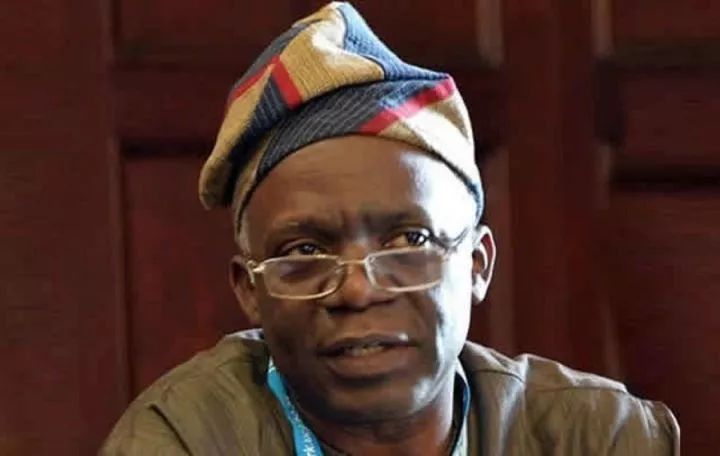


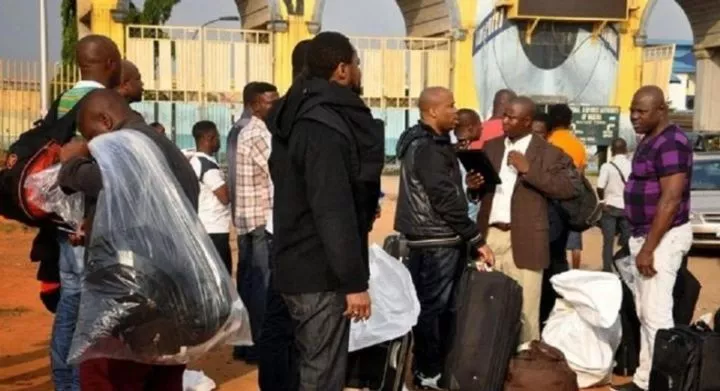
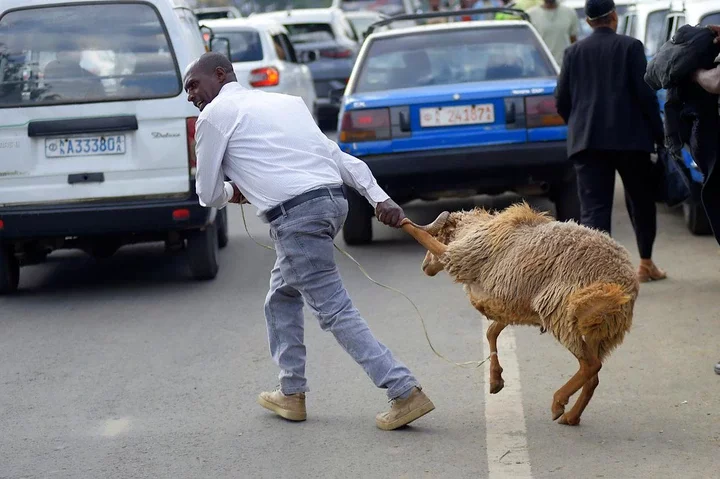
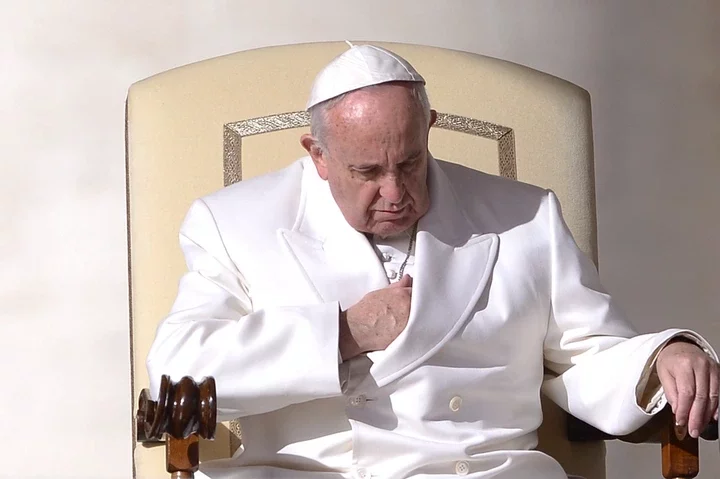


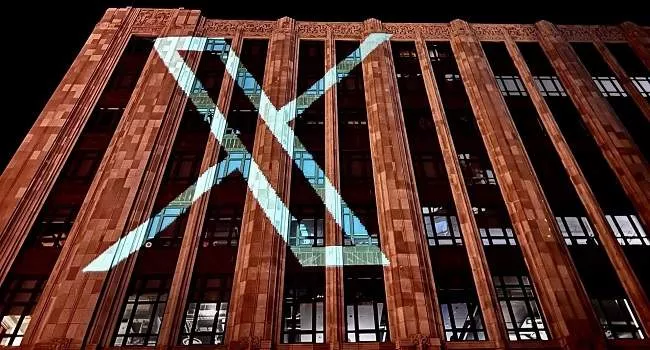







Comments